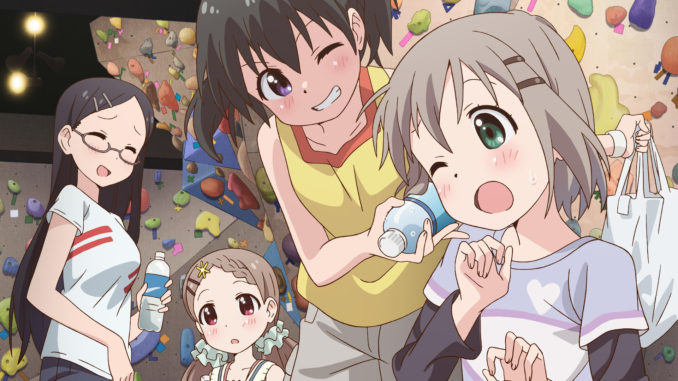
A Capitalist economy works by the free exchange of goods or services for an agreed upon amount of money. For some time, this worked out rather well for both parties; I give Brøderbund my thirty pieces of silver, and I get a copy of Myst in exchange.
But something has changed in the last decade that has corrupted this system, eaten away at it so that only one of the two parties (you can probably guess which) benefits from it. No longer is the message “Good sir, I saw your product in the window of your store, and I simply must have one of my own.” Now it’s a victim narrative where the creator of the product is a poor, oppressed one who is going to be out on the street, without a home to sleep in unless you give them some money.
This can be seen with how many talk about their purchasing decisions, how they speak of ‘supporting the creator’ rather than gaining ownership an object which they desire. They believe that purchasing a product, like a video game, is an act of selflessness, that they’re giving up a portion of their money so that a supposed higher power can continue creating. No better place can this mindset be seen than with sites like Kickstarter and Patreon, where thousands have thrown their money away on failed projects and deadbeat “creators,” often without even getting anything of value in return.
But this narrative didn’t start with those sites, though they were likely created as a response to it. The earliest that I saw it was in anime fandom, where the threat was that if you didn’t continue to buy anime DVDs like a good little consumer, then Japan would stop making anime. Nevermind the fact that these were American anime DVDs that we’re talking about, a product which Japanese companies see very little overall profit from.
The villain of this narrative was easy to set up, as at the time, anime piracy had become fairly simple due to the availability of torrenting sites. This was long before the days of simulcast streaming, back when plenty of shows never made it to the US because they didn’t have mass appeal, and you had to wait ages after the initial broadcast before an “official” US release came to store shelves. None of that mattered because this unintended audience of Americans were not supporting the Japanese with their hard earned US dollars, so the Anime production companies were going to die.
This led to a widespread campaign to “sustain the anime industry” where some customers were buying US anime DVDs, not because they actually enjoyed the show that much, but because they wanted to donate to their favorite anime distributors. There were plenty of people who would often blind buy anime DVDs; they would purchase animated shows and movies that they had never before seen. How crazy is that? You haven’t even watched an episode of the show before dropping sixty dollars on the boxed set.
The thing is that some shows just don’t have a market big enough to profit from. Sure, I love mountain climbing yuri anime more than anything—I could just watch those cute anime girls climb mountains and play in the forest all day—but the fact is that shows about roughing it in the wilderness just aren’t that popular. But you don’t hear me complaining that not enough people bought Yama no Susume for them to adapt the entirety of the manga.
But this story does end on a bit of a lighter note, as the industry changed to accommodate the market better. Anime fans wanted to watch their shows as they were airing in Japan, instead of waiting for the “official” DVD release later down the line. So streaming sites sprung up to fill in that market void.
That’s because, the market always wins in the end.
We as consumers need to realize that books and shows and games and whatever else will always be created, even without the financial support of big businesses. It is entirely possible for someone to create a piece of entertainment while continuing to work a day job. They don’t need your money to continue the process, it’s just that the money would simply allow them more free time to pursue such interests.
Producers, the people who are trying to sell you a product, are not a charity case. If you want to buy their products—genuinely want to own them, not just applaud their virtue signaling—then absolutely offer them your money in exchange for said products. But if you don’t want their products, if you have no interest in owning them, then save your money. Spend it on something else, like an actual charity case, or a product that you actually do want to own.

Leave a Reply